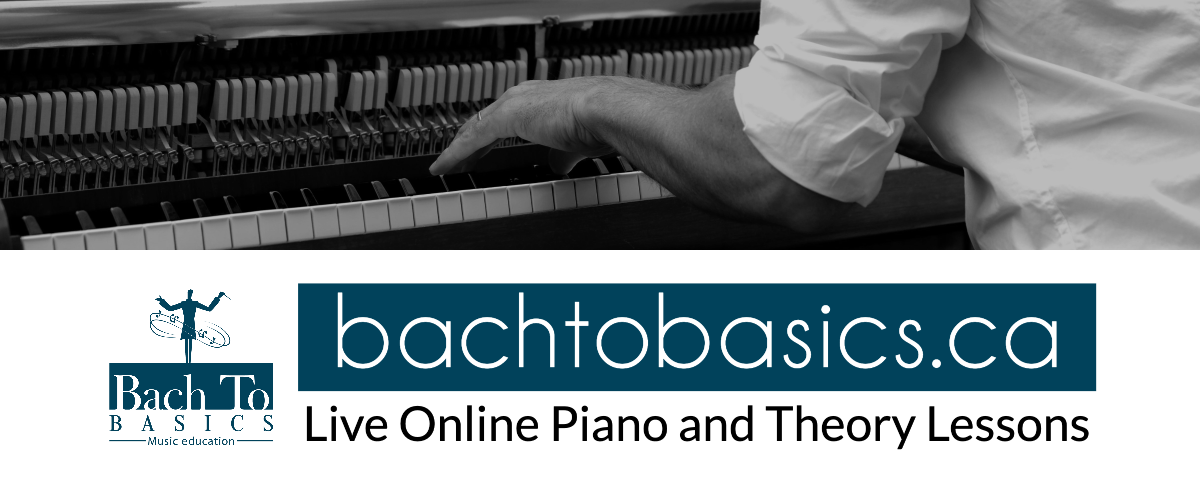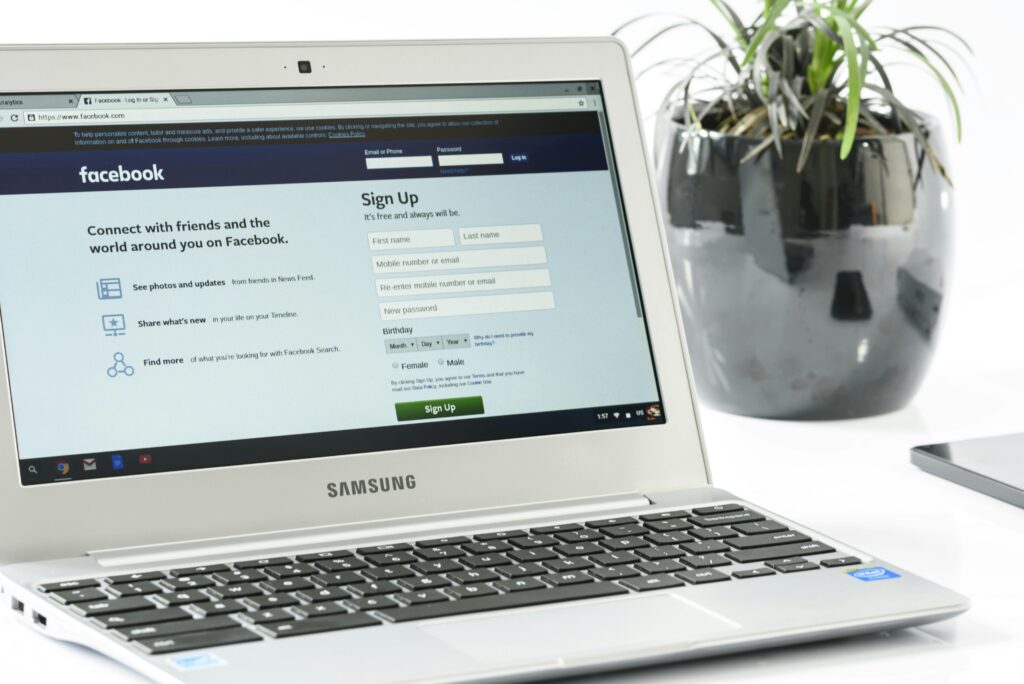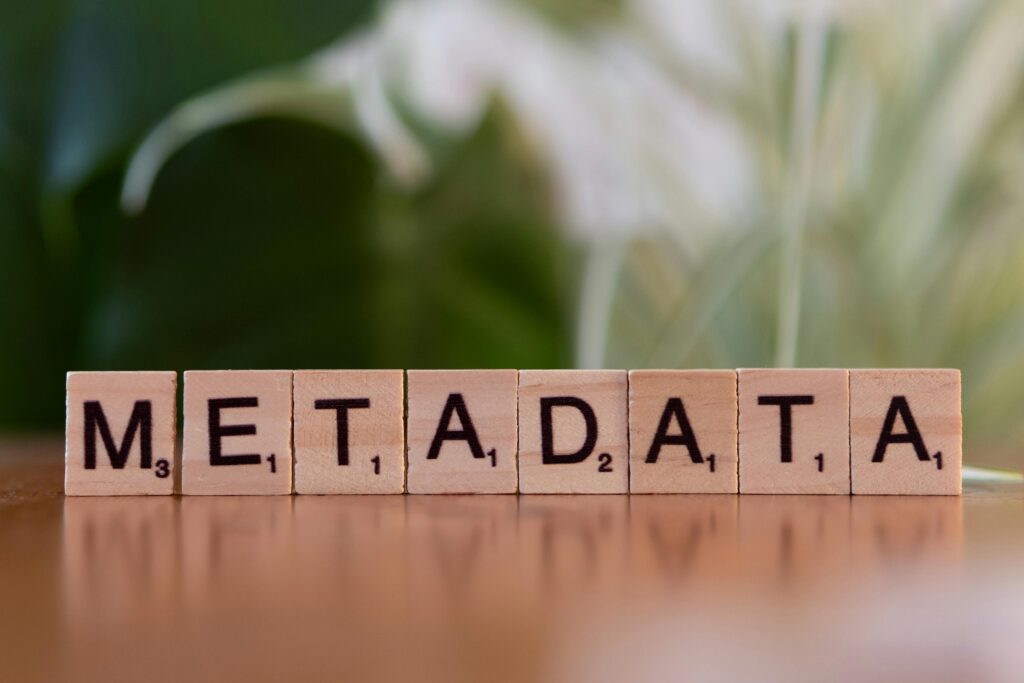Rights & Registration: How to Collect the Royalties You’re Owed
Disclaimer: This post is not legal advice — just insights based on personal experience and research, intended to help independent musicians and label owners understand what they may need to register for and why. Always check with the official organizations in your country for the most up-to-date requirements.
When most people think of music royalties, they think of Spotify plays or album sales. But in reality, royalties come from multiple sources, and each is managed by a different organization — often with different rules depending on where you live.
If you want to make sure you’re getting paid (and credited) properly, you need to understand:
- What rights you hold
- What royalties are generated
- Who collects them
- And what you need to do to register
Whether you’re in Canada or the United States, this post breaks it all down.
Types of Royalties: The Big Picture
When you write or release music, you’re creating different types of intellectual property — each with its own set of royalties and registration requirements.
Here’s a breakdown of the major royalties involved:
1. Performance Royalties (Composition)
Royalties generated when your song (not the recording) is performed publicly — on the radio, in restaurants, at live venues, or streamed online.
- Collected by performing rights organizations like SOCAN (Canada), ASCAP, or BMI (U.S.)
- Royalties are split between the composer and the publisher
2. Mechanical Royalties (Composition)
Royalties generated when your composition is reproduced or distributed — including physical formats (CDs, vinyl), downloads, and streaming services.
- In Canada, also called reproduction royalties, handled by SOCAN Reproduction Rights or CMRRA
- In the U.S., collected by The MLC
- Royalties are again split between the composer and the publisher
Note: “Mechanical” and “reproduction” are often used interchangeably, especially in Canada.
3. Publisher Royalties
If you publish your own music, you’re entitled to a share of both performance and mechanical royalties as the publisher.
- You must register as a publisher with your PRO (e.g., SOCAN, ASCAP, BMI)
- Without this step, half of your composition royalties may go unclaimed
- Many independent songwriters act as their own publisher to receive 100% of the payout
4. Master Recording Royalties (Sound Recording)
Royalties generated from the use of the recording itself — the actual audio file, separate from the composition.
- Earned when your recording is streamed, broadcast, or played in public
- Collected by SOPROQ, SoundExchange, or Connect Music Licensing, depending on your region
- Paid to the performer, producer, or label who owns the master
International Royalties and Reciprocal Agreements
Organizations like SOCAN (Canada) and ASCAP/BMI (U.S.) have reciprocal agreements with PROs around the world. That means:
- You usually don’t need to register with organizations in every country
- Your home PRO collects from foreign partners and passes royalties on to you
That said, always confirm with your PRO to make sure you’re covered internationally — especially if your music is gaining traction abroad.
Where to Register – Canada vs. the U.S.
In Canada
- SOCAN – Performance Royalties (Composition)
- Join as a composer
- Register as a publisher to collect the publisher share of royalties
- SOCAN Reproduction Rights – Mechanical Royalties
- Optional but recommended
- Opt in from within your SOCAN account
- SOPROQ – Master Recording Royalties
- Covers public use of your recordings
- Available to producers and labels
- Connect Music Licensing – Alternative to SOPROQ
- Similar service; choose one or the other
- SoundScan – Sales Tracking (Optional)
- Tracks retail and digital sales, not tied to royalty collection
In the United States
- ASCAP / BMI / SESAC – Performance Royalties (Composition)
- Join as a composer
- Register as a publisher to receive the publisher share of royalties
- The MLC – Mechanical Royalties (Composition)
- Free to join
- Collects mechanicals for downloads and streaming
- SoundExchange – Master Recording Royalties
- Covers non-interactive digital streams (e.g., Pandora, SiriusXM)
- For artists, producers, and labels
- SoundScan – Sales Tracking (Optional)
- Used for charting, not for royalty collection
Real-World Examples: What Gets Paid and to Whom?
Example 1: A Song Is Performed Live by Someone Else in a Hotel Lobby
- Performance Royalties: Paid to the composer and publisher
- Mechanical Royalties: Not triggered
- Publisher Royalties: Publisher receives their share of performance royalties
- Master Recording Royalties: Not triggered (no recording played)
Example 2: A Master Recording of Your Song Is Played on the Radio
- Performance Royalties: Composer and publisher both get paid via PRO
- Mechanical Royalties: May apply depending on radio logging (varies by region)
- Publisher Royalties: Publisher receives their share of any performance or mechanical royalties
- Master Recording Royalties: Paid to the label or performer via SOPROQ (Canada) or SoundExchange (U.S.)
Example 3: Another Artist Records and Releases Your Song on an Album
- Performance Royalties: You (as composer) and your publisher get paid when it’s performed or streamed
- Mechanical Royalties: You receive royalties for reproductions (downloads, CDs, etc.)
- Publisher Royalties: Publisher receives their share of both types of royalties
- Master Recording Royalties: Paid to the new artist’s label or producer — not to you unless you also control their recording
How I Registered Listening Edge Records
Here’s what I did for my setup in Canada:
- Joined SOCAN as both a composer and a publisher
- Added SOCAN Reproduction Rights to collect mechanical royalties
- Registered with SOPROQ to collect royalties for my master recordings
- Skipped Connect Music Licensing (SOPROQ covered what I needed)
- Didn’t register with SoundScan (not tracking commercial or chart data)
Final Thoughts
You don’t need to register with every rights organization — only the ones that align with your goals, your royalties, and your location.
But understanding the difference between performance royalties, mechanical royalties, publisher royalties, and master recording royalties — and knowing where to register — is essential if you want to collect everything you’re owed.
Even if you’re just releasing music independently, these royalty streams come into play the moment your music is heard.
Coming Up Next:
In the next deep dive, we’ll cover Metadata & Catalog Management — how to keep your releases clean, properly credited, and discoverable across platforms.
Until next time,
Trevor
Listening Edge Records / Bach To Basics Inc.





